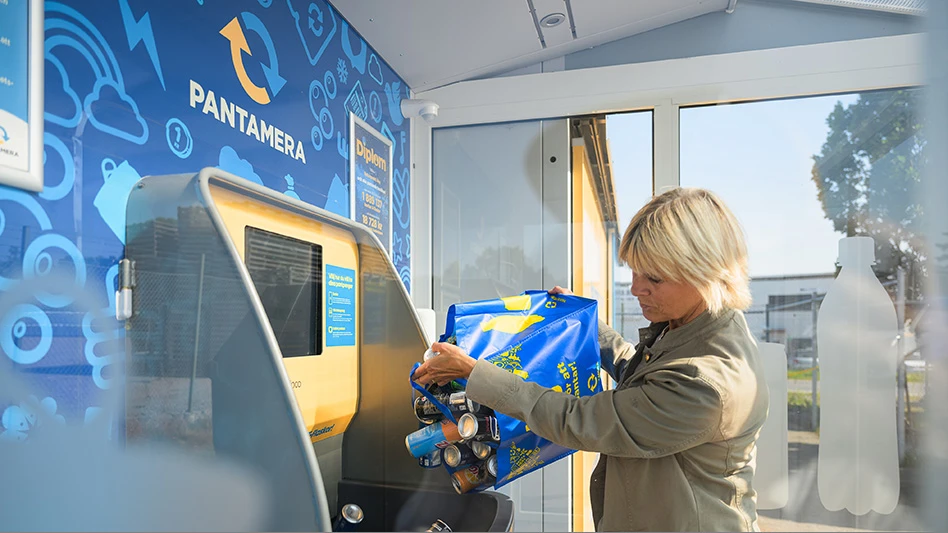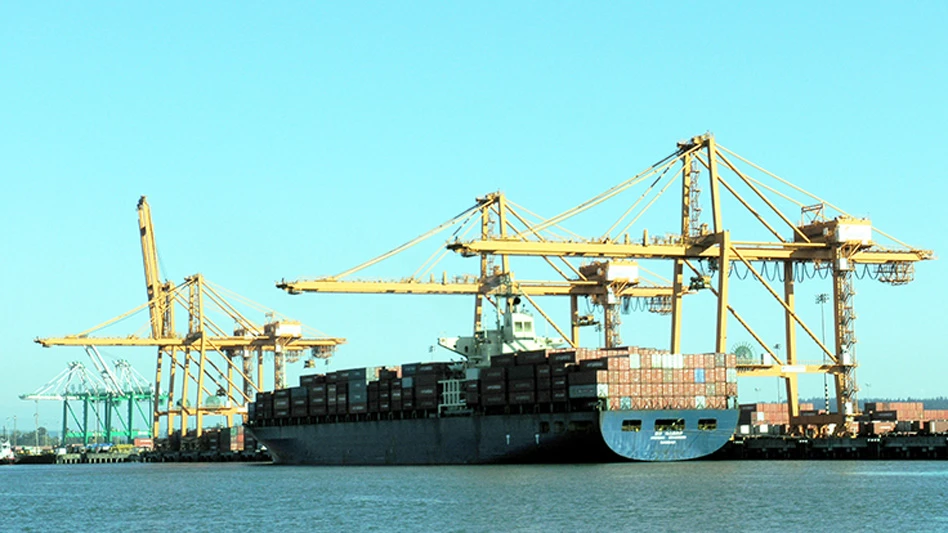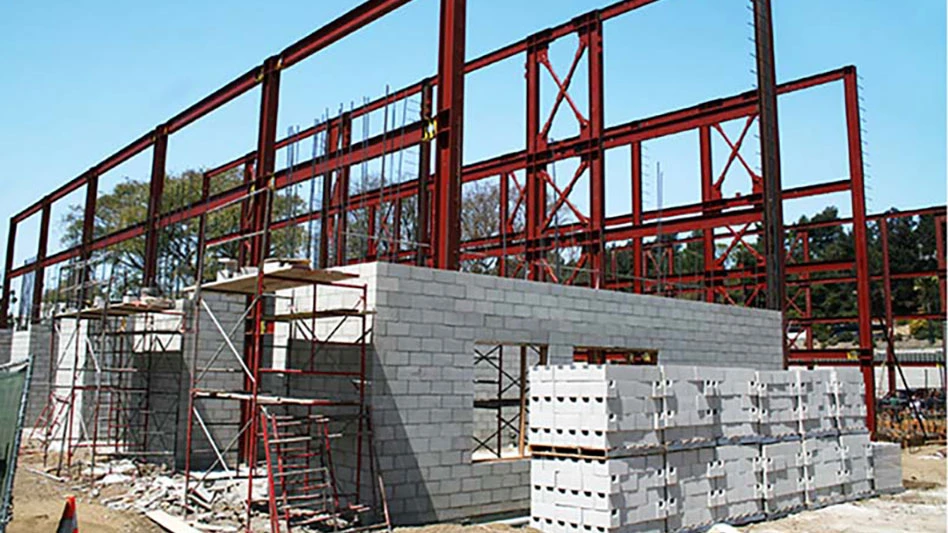Order Taking
In most businesses, order taking is considered a negative, implying passivity on the part of employees. But lately, ferrous scrap traders have barely been able to keep up with orders for scrap on the selling side and, in many cases, have had to turn down a request or scramble to meet an obligation.
Ferrous scrap prices have continued to march upward in the fourth quarter, with most of the escalated bidding coming from buyers representing Asian mills. Domestic mills have little choice but to keep pace. Some steelmakers are trying to raise their prices to maintain margins, with Weirton Steel even creating what it is calling a temporary raw materials surcharge on its finished steel, adding $25 per ton to prices starting in mid-December.
The Bush Administration’s abrupt halt of Section 201 tariffs for domestic steelmakers has caused some reservations in the scrap market, although many domestic steelmakers are saying that they are on a sound footing without the protections, and drastic cutbacks in melting schedules have not immediately followed the demise of 201.
Overseas buying remains strong, with economies from throughout the world reporting a strong conclusion to 2003. The pattern of scrap flowing to Asia is likely to continue.
Shippers in the Gulf Coast may soon have an additional option to reach export markets, as efforts are being made to put together ocean-going shipments of scrap to India and China from the port of Corpus Christi, Texas.
One scrap processor in Texas notes that reaching the Corpus Christi docks could be advantageous for his company compared to using the over-crowded Houston facilities, but only if back-hauling opportunities can be found for truck drivers delivering to Corpus Christi.
Either way, generation will have to improve in that part of the country and in others, as orders for scrap continue to come in faster than they can be filled.
The near-term future of domestic manufacturing is the cause of much speculation. The Federal Reserve Bank of Chicago recently held the first of several scheduled forums on the topic, with forecasters and speakers addressing the topic of whether the current slump is cyclical or part of a structural change.
For job hunters, the trend seems clear, as "manufacturing employment [has] ended each of the past five years lower than the previous year and has declined for 39 consecutive months," according to Chicago Fed bank President Michael H. Moskow, whose remarks opened the forum.
But Moskow also noted tht Midwest region pulled itself out of the early 1980s manufacturing slump with impressive rebounds in overall production and in productivity gains in the 1990s.
Regarding the loss of jobs offshore, J. Bradford Jensen of the International Institute of Economics noted that plants shuttering for good are generally those competing with overseas factories where wage levels are 5 percent or less of the average U.S. wage, in nations such as China, India and Egypt.
Regionally, the Great Lakes region is challenged by the continued southward drift of the auto-making corridor that has traditionally centered around Detroit. The southern drift is supported by the growing assembly operations of Asian and German companies, whose plants tend to be farther south.
Get curated news on YOUR industry.
Enter your email to receive our newsletters.

Explore the January 2004 Issue
Check out more from this issue and find your next story to read.
Latest from Recycling Today
- CP Group announces new senior vice president
- APR publishes Design Guide in French
- AmSty recorded first sales of PolyRenew Styrene in 2024
- PRE says EU’s plastic recycling industry at a breaking point
- Call2Recycle Canada, Staples Professional expand partnership
- Circular Services breaks ground on north Texas MRF
- Tariff uncertainty results in choppy nonferrous scrap flows
- CATL, Ellen MacArthur Foundation establish battery partnership






